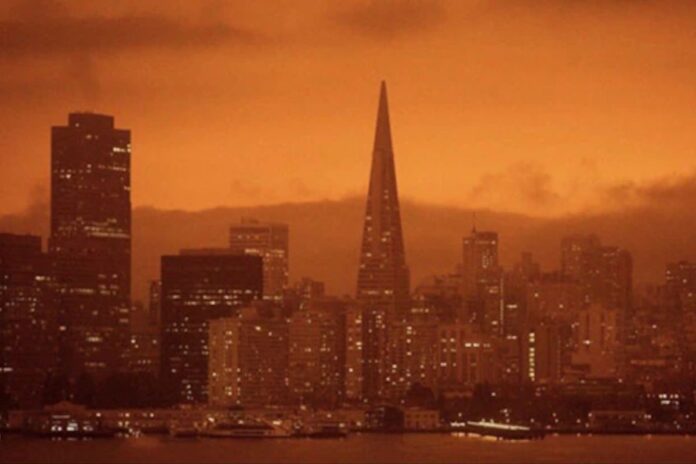California wildfires have once again wreaked havoc across Los Angeles, leaving thousands displaced and sparking heated political debates. The fires, which erupted earlier this week, have scorched thousands of acres, destroyed homes, and claimed lives. Amidst the devastation, US President-elect Donald Trump has openly criticized California Governor Gavin Newsom for what he claims is gross mismanagement and a failure to prioritize resources effectively.
In a series of posts on Truth Social, Trump blamed Newsom’s environmental policies, particularly those aimed at protecting the Delta smelt, a small fish species, for limiting water flow to regions now ravaged by fires. “Governor Gavin Newscum refused to sign the water restoration declaration that would have allowed millions of gallons of water to flow daily into many parts of California, including the areas that are currently burning in a virtually apocalyptic way,” Trump wrote.
The Scale of the California Wildfires
The California wildfires have devastated key regions, including the Pacific Palisades neighborhood and Altadena. The Palisades Fire alone has consumed over 5,000 acres and destroyed approximately 1,000 structures. Meanwhile, the Eaton Fire has burned 2,227 acres with zero containment reported.
Los Angeles County Fire Chief Anthony Marrone reported that two civilians have died, and several injuries have been sustained due to the fires. “The cause of death for the two individuals has not yet been determined, but the destruction is unlike anything we’ve seen in recent years,” Marrone said.
According to poweroutage.us, approximately 245,000 residents in Los Angeles County were without power as of Thursday morning, further complicating rescue and evacuation efforts. Fire departments are stretched thin as they tackle multiple large-scale blazes simultaneously, including the Hurst Fire northeast of San Fernando, which has already burned 500 acres.
Trump’s Criticism of Gavin Newsom
Donald Trump’s remarks focused on Governor Newsom’s water management policies, accusing him of prioritizing environmental concerns over human safety. “He wanted to protect an essentially worthless fish called a smelt, by giving it less water, but didn’t care about the people of California,” Trump claimed. He further alleged that the lack of water contributed to the fires’ severity and hindered firefighting efforts.
Trump also criticized federal agencies, claiming that resources like FEMA funds and fire hydrants were insufficiently managed. “NO WATER IN THE FIRE HYDRANTS, NO MONEY IN FEMA. THIS IS WHAT JOE BIDEN IS LEAVING ME,” he wrote.
California’s Fire Response Under Strain
Emergency response teams in Los Angeles are grappling with unprecedented challenges. LAPD Chief James McDonnell acknowledged the strain on resources. “There are not enough firefighters in LA County to address four separate fires of this magnitude,” McDonnell said, highlighting the need for better preparation for large-scale disasters.
California Governor Gavin Newsom has declared a state of emergency and urged residents to comply with evacuation orders. “This is a highly dangerous windstorm that’s creating extreme fire risk – and we’re not out of the woods,” Newsom said during a press conference in Pacific Palisades.
Newsom praised the efforts of firefighters and first responders, saying, “Our deepest thanks go to our expert firefighters and first responders who jumped quickly into fighting this dangerous fire.” He also emphasized the need for residents to stay informed and adhere to safety guidelines issued by emergency officials.
California’s History of Wildfires
California wildfires have become more frequent and destructive in recent years, fueled by a combination of climate change, prolonged drought, and inadequate forest management. These fires have destroyed homes, upended lives, and caused billions of dollars in damages. The state has faced mounting criticism over its ability to prepare for and mitigate wildfire risks effectively.
The debate over water management has long been a contentious issue in California. Environmentalists argue for the protection of native species like the Delta smelt, which play a critical role in the ecosystem. However, critics argue that these policies divert water away from critical human needs, including agriculture and wildfire prevention.
A State in Crisis
The California wildfires underscore the urgent need for improved disaster preparedness and resource allocation. While political leaders exchange blame, residents are left to face the devastating consequences. Tens of thousands have been evacuated, and recovery efforts are expected to take months.
As the fires rage on, California faces difficult questions about how to balance environmental protection with human safety and how to better prepare for disasters in an era of increasing climate challenges. The lessons learned from this crisis will likely shape the state’s policies for years to come.

